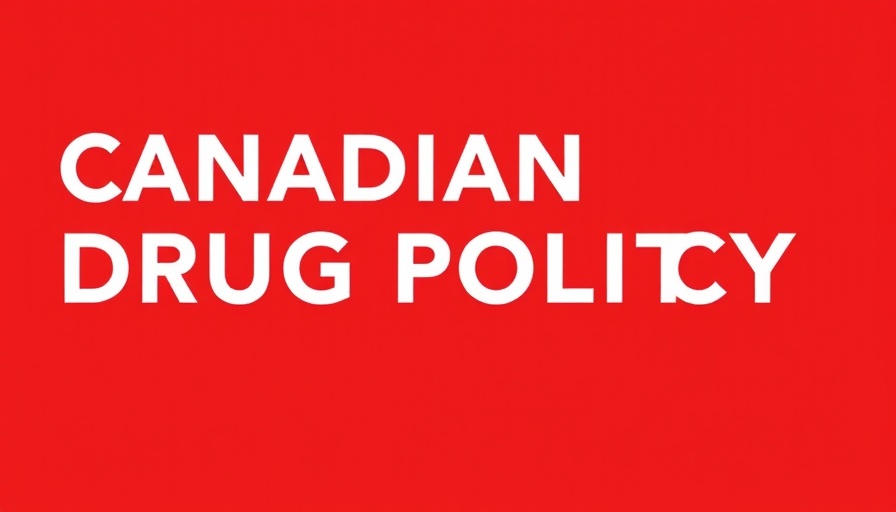
Defending Life-Saving Services: The Importance of Supervised Consumption Sites
In the midst of an escalating health crisis, Ontario finds itself at a pivotal juncture regarding its supervised consumption services. The Ontario government has put forward legislation aimed at shutting down ten supervised consumption sites, which are crucial for harm reduction in the province. This law not only threatens the safety of individuals who have turned to these services but also raises critical legal questions about the fundamental rights of these individuals under the Canadian Charter of Rights and Freedoms.
What Are Supervised Consumption Sites and Why Do They Matter?
Supervised consumption sites are facilities where individuals can use drugs in a safe environment, under the supervision of trained professionals. These sites play a central role in reducing overdose deaths and the spread of infectious diseases, as they provide users with sterile equipment and access to life-saving interventions like naloxone, an opioid overdose reversal drug. Studies have shown that such facilities can effectively lower the rates of overdose deaths, highlighting their importance as harm reduction services.
The Law’s Potential Impact on Families and Communities
As a parent or community member, understanding the implications of this legislation is crucial. Closing these sites could lead to tragic consequences, including an increased number of overdoses, greater reliance on unsafe drug-use environments, and a rise in public health risks such as untreated infections. Additionally, the absence of these essential services can worsen feelings of insecurity within neighborhoods, which are already grappling with the exposure of substance dependency in public spaces. The closure of sites like the Kensington Market Overdose Prevention Site has been described as a potential death sentence for many users.
The Legal Challenge: Standing Up for Rights and Health
The legal challenge against the Ontario government aims to highlight how the law infringes on rights granted under the Charter, specifically the right to life, liberty, and security of the person. Advocates argue that by limiting access to supervised consumption services, the government is pushing individuals towards danger and increasing the likelihood of fatal overdoses. Organizations like The Neighbourhood Group Community Services are leading this challenge, emphasizing the critical need for harm reduction in addressing addiction and saving lives.
Community Voices: Shared Experiences of Safety and Support
Personal testimonies from individuals who have benefitted from supervised consumption sites offer sobering insights into their importance. Katie Resendes, a co-applicant in the legal challenge, shared her experience of navigating addiction, highlighting how access to harm-reduction services like clean needles and medical supervision has allowed her to maintain a job and live with dignity. Similar voices echo the need for these services, emphasizing that they not only support those struggling with addiction but also contribute to healthier, safer communities.
Beyond Legalities: Engaging Families in the Conversation
It's essential for families to engage in discussions about substance use, addiction, and the role of supervised consumption sites. Education is a powerful tool in combating stigma and fostering an understanding of the complexities surrounding addiction. As parents, knowing how to provide support to children and community members grappling with substance issues can lead to more compassionate and informed approaches, ultimately contributing to a wider societal acceptance of vital health services.
Looking Ahead: The Future of Harm Reduction in Ontario
As this judicial process unfolds, it presents an opportunity for families, advocates, and community members to rally for a public health-centered approach to addiction. There is hope that the courts will recognize the necessity of supervised consumption services in providing safe spaces for individuals, thereby preventing further loss of life and ensuring access to essential services. The push for supervised consumption sites highlights the broader need for comprehensive addiction treatment options encompassing detoxification, rehabilitation, and ongoing recovery support.
As the Ontario government grapples with its opioid crisis and legislative decisions, advocacy for supervised consumption will continue to be critical. Families must remain informed, engaged, and supportive of harm-reduction initiatives to promote healthier communities for everyone, especially those struggling with addiction.
To learn more about the ongoing developments regarding this legal challenge and how you can support harm reduction initiatives, connect with local advocacy groups and healthcare resources focused on addiction recovery.
 Add Row
Add Row  Add
Add 




 Add Row
Add Row  Add
Add
Write A Comment